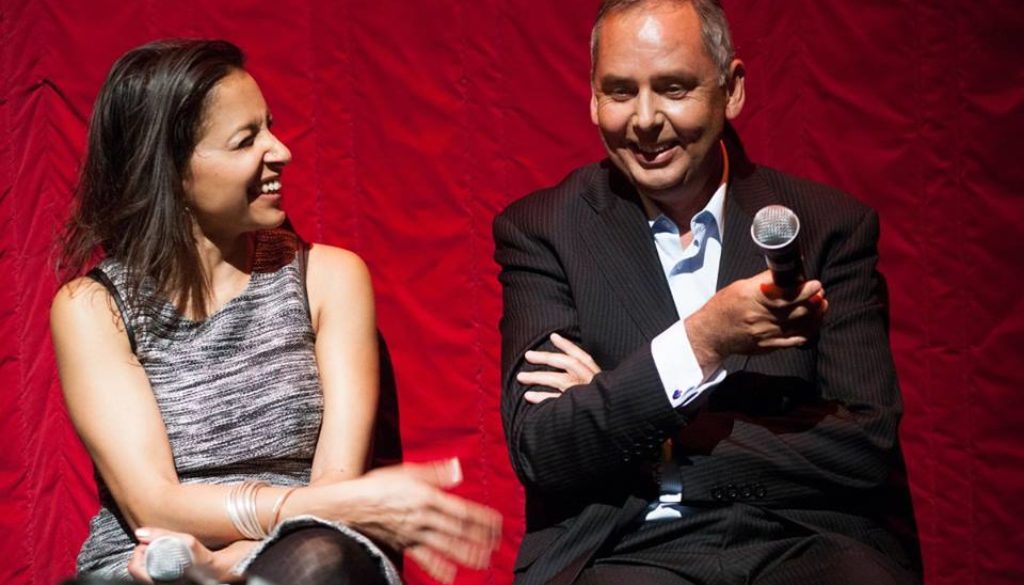Damien Walsh is a Responsible Banker
Managing Director of Australia’s first ever customer-owned bank and winner of the Richard Pratt CEO Banksia Award for his contribution and commitment to sustainability, Damien Walsh knows a thing or two about creating positive change. We spoke to Damien about how his work is leading the way to a better world.
What is your current role at Bank Australia and why did you choose to work for a ‘business for purpose’ organisation?
I’m Managing Director at Bank Australia. I’ve actually spent my whole career working in cooperative enterprises, including the last 12 years at Bank Australia, so purpose-led business is not new to me.
We’re in the business of banking, but that’s not our “why”. We’re here to create mutual prosperity for people, our communities and the planet, and for me, that’s a pretty good reason to get up and come to work every day.
Bank Australia is a customer owned bank. How is that different from other, more traditional banks?
Because we’re 100% customer owned, we’re not driven by the interests of external shareholders. This means we can put people before profit and always act in the best interests of our customers.
One major difference to the bigger banks is that we operate solely in the real economy. We don’t generate profits by buying and selling on the financial markets – we invest in individuals, community organisations and small businesses.
What are some of the environmental projects that the bank is involved in?
The Bank Australia Conservation Reserve is a world first for a financial institution. It’s a private nature reserve in Victoria’s West Wimmera region, which works to offset the impacts of some of our products.
For example, some of our customers use our finance for new homes, which means that habitat has to be cleared for construction. To offset this, we set aside the equivalent amount of habitat on the Conservation Reserve and protect it to maintain biodiversity. We also use the Reserve to offset carbon emitted by the cars we finance.
We are also involved in the Melbourne Renewable Energy Project. A group of 16 organisations, led by the City of Melbourne, has come together to support investment in a new renewable energy plant. All these organisations want to purchase renewable electricity, so we’re pooling our demand and will put out a call for a new renewable energy project that can supply us. This is a first for Australia and a great example of how businesses with a common purpose can come together to foster positive change.
Bank Australia is a world leader in sustainability – can you tell us more about that?
Bank Australia has signed up to the international We Mean Business Commit to Action climate leadership platform. We were the first bank in the world to sign up to all seven commitments.
These commitments are:
- Sourcing 100% renewable electricity
- Adopting science-based carbon emissions reduction targets
- Putting a price on carbon
- Responsible engagement in climate policy
- Removing commodity-driven deforestation from supply chains by 2020
- Reducing short-lived climate pollutants
- Reporting climate change information in mainstream reports.
Our sustainability reporting is included in our annual report according to international best practice for integrated reporting. Over the years, we’ve been recognised with several awards for our transparency in reporting.
One major difference to the bigger banks is that we operate solely in the real economy. We don’t generate profits by buying and selling on the financial markets – we invest in individuals, community organisations and small businesses.
What does the bank have planned for 2016?
Last year our bank – with its 58-year history – changed its name to Bank Australia. This has given us a renewed focus and energy to grow in 2016, particularly in the area of responsible banking.
There are so many people out there who are socially aware, and want their banking to match their values. This year, we want to connect with more of these people who share the belief that where you bank can make a difference in the world.
Transitions Film Festival is about sharing great ideas. If you could share one idea, what would it be?
The Governor of the Bank of England described the problem of climate change as the “tragedy of horizons”. He was referring to the way businesses, politicians and regulators normally operate on such short-term horizons that by the time climate change becomes a pressing issue for them, it will be too late to easily change course.
To me, that really highlighted the idea that businesses can’t think short term if we want to have an environment in which we can thrive in future. It reinforces just how important it is to take a long-term perspective, and put sustainability at the heart of everything we do.
Bank Australia has signed up to the international We Mean Business Commit to Action climate leadership platform. We were the first bank in the world to sign up to all seven commitments.

